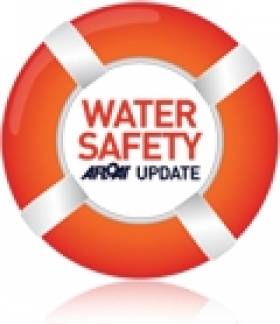Displaying items by tag: Bord Gáis Energy
#Safety - The deaths of a mother and daughter in Britain's Lake District have highlighted the need for awareness of the risk of carbon monoxide leaks on cruisers and other vessels with sleeping berths.
As The Guardian reports, 36-year-old Kelly Webster and her 10-year-old daughter Laura Thornton died in their sleep on board a moored motor cruiser in Lake Windermere over the Easter bank holiday.
The interim report into the incident by the UK's Marine Accident Investigation Branch (MAIB) released this week confirms that fumes from a jury-rigged generator exhaust spread into the cabin of the boat belonging to Webster's partner Matthew Eteson, who survived.
It was also pointed out that the boat's carbon monoxide sensor did not set off an alarm because it was not connected to a power supply.
The boat had been installed with a portable petrol-driven generator of the kind normally only intended for use in the open air.
"The use or permanent installation of these engines on boats, particularly in enclosed spaces or below decks, increases the risk of carbon monoxide poisoning," the report added.
Just a week after the tragedy, BBC News reported that a woman and two children were taken to hospital to be treated for suspected carbon monoxide poisoning after a similar incident on a boat on the same lake.
Following the latest news, Bord Gáis Networks has provided guidance for keeping aware of the dangers of fumes from gas or fuel-powered generators, heaters or cookers.
Boaters are urged to think of the appliances on their vessels and whether they burn fuel oil, gas, LPG, wood or coal, which all produce carbon monoxide by burning.
Carbon monoxide becomes a hazard when there is not enough air flow to burn the fuel properly - more likely in an enclosed space such as a boat cabin - so ventilation is very important.
Make sure all flues and exhaust outlets are clear and ventilated, and ensure any appliances used are suitable for boats and serviced annually by a qualified agent.
Boat-owners are reminded of the good practice of installing a carbon monoxide alarm, and to know the signs of carbon monoxide poisoning - which include headache and dizziness, leading to loss of judgement, nausea, possible convulsions and elevated heartbeat.





























































